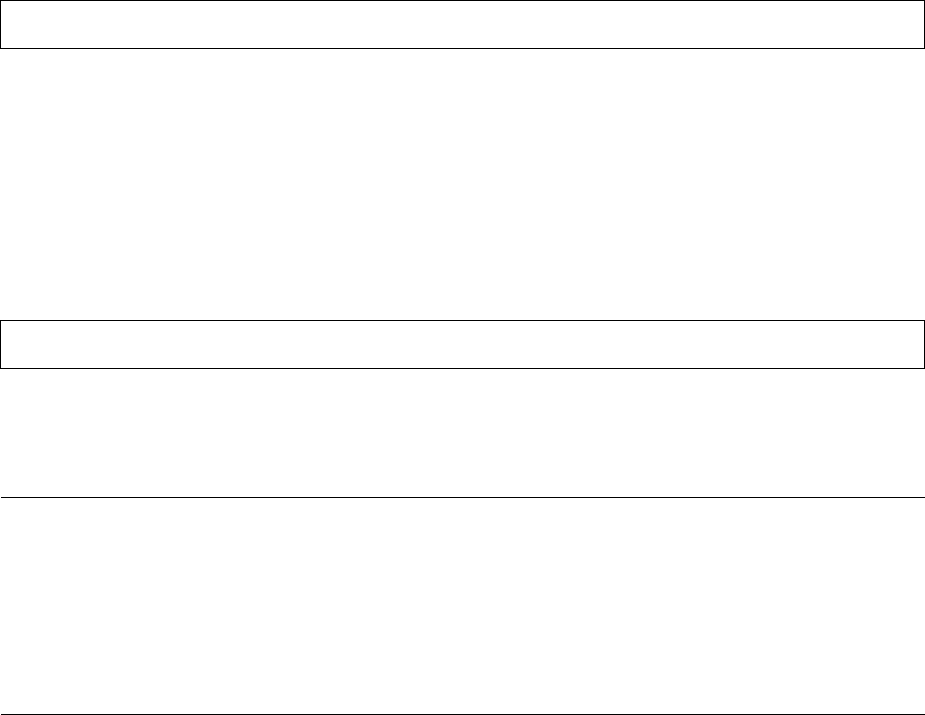Dataloader/MP Reference Manual
Table Of Contents
- What’s New in This Manual
- About This Manual
- 1 Introduction to DataLoader/MP
- 2 DataLoader/MP Components
- 3 Running DataLoader/MP
- 4 Specifying File-Related Options for DataLoader/MP
- 5 Creating a Customized Version of DataLoader/MP
- User Exits
- User Exit Descriptions
- BUILDKEY
- CHECKARG
- CONVERTIT
- DELETEIT
- DONEWITHTRANSACTION
- EXITSDESCRIPTION
- GETNEXTRECORD
- INITIALIZE1
- INITIALIZE2
- INSERTIT
- INSTRUCTIONS
- MISC1, MISC2, MISC3, and MISC4
- NEWTRANSACTION
- NEXTINDIRECTFILE
- SKIPPING
- STATISTICSTIME
- TERMINATING
- T0330U00_DEFAULTEXITS_C
- T0330U00-DEFAULTEXITS-COBOL
- T7900D41_DEFAULTEXITS_C
- T7900V00-DEFAULTEXITS-COBOL
- UPDATEIT
- Default User Exits
- DataLoader/MP Library
- The MAKE Routine for NM DataLoader/MP
- The MAKE Routine for Nonnative Mode DataLoader/MP
- 6 DataLoader/MP Examples
- 7 Recovery Strategies
- A Error and Warning Messages
- B Processing Flowcharts
- C C-Only Error Functions
- Index

Creating a Customized Version of DataLoader/MP
DataLoader/MP Reference Manual—424148-003
5-23
User Messages—COBOL
DTLWriteToErr
This procedure writes the message to the process’ error file (the file specified by -E or
stderr if -E was not specified).
If this is the first message written to the process’ error file, a message is written to
stderr (and to stdout if it is different from stderr) to announce that errors are occurring.
If the -Q argument was specified, the write to stderr will be skipped, and if stdout is the
same as stderr, the message will not be written anywhere.
This procedure does not increment the error count.
The syntax for this procedure follows:
DTLWriteToUser
This procedure writes the message to stderr and to stdout (unless stdout is the same
as stderr). If the -Q parameter was specified, the write to stderr will be skipped (and if
stdout is the same as stderr, the message will not be written anywhere).
This procedure does not increment the error count.
The syntax for this procedure follows:
User Messages—COBOL
The following procedures can be used to communicate with the user.
DTLCONTINUECOB
This procedure writes the message to the process’s home terminal then displays a
prompt asking if the user would like to continue. If the user indicates yes, the return
value of this procedure is nonzero. If the user indicates no, the return value of the
procedure is zero (0).
void DTLWriteToErr( char* Format, ... );
void DTLWriteToUser( char* Format, ... );
Note. There are two versions of each User Messages routine: one is designed for use with C,
and the other is designed for use with COBOL. Two versions exist because, although it is
common practice for C routines that print messages to accept a variable parameter list,
COBOL cannot call routines that have variable parameter lists. Therefore, for each C User
Message routine a corresponding one exists for use by COBOL. Its name is the same as the
name of the C routine except that it is in all uppercase, has the letters COB appended, and its
parameters are the message and the length of the message. The calling COBOL program
must format the message.










